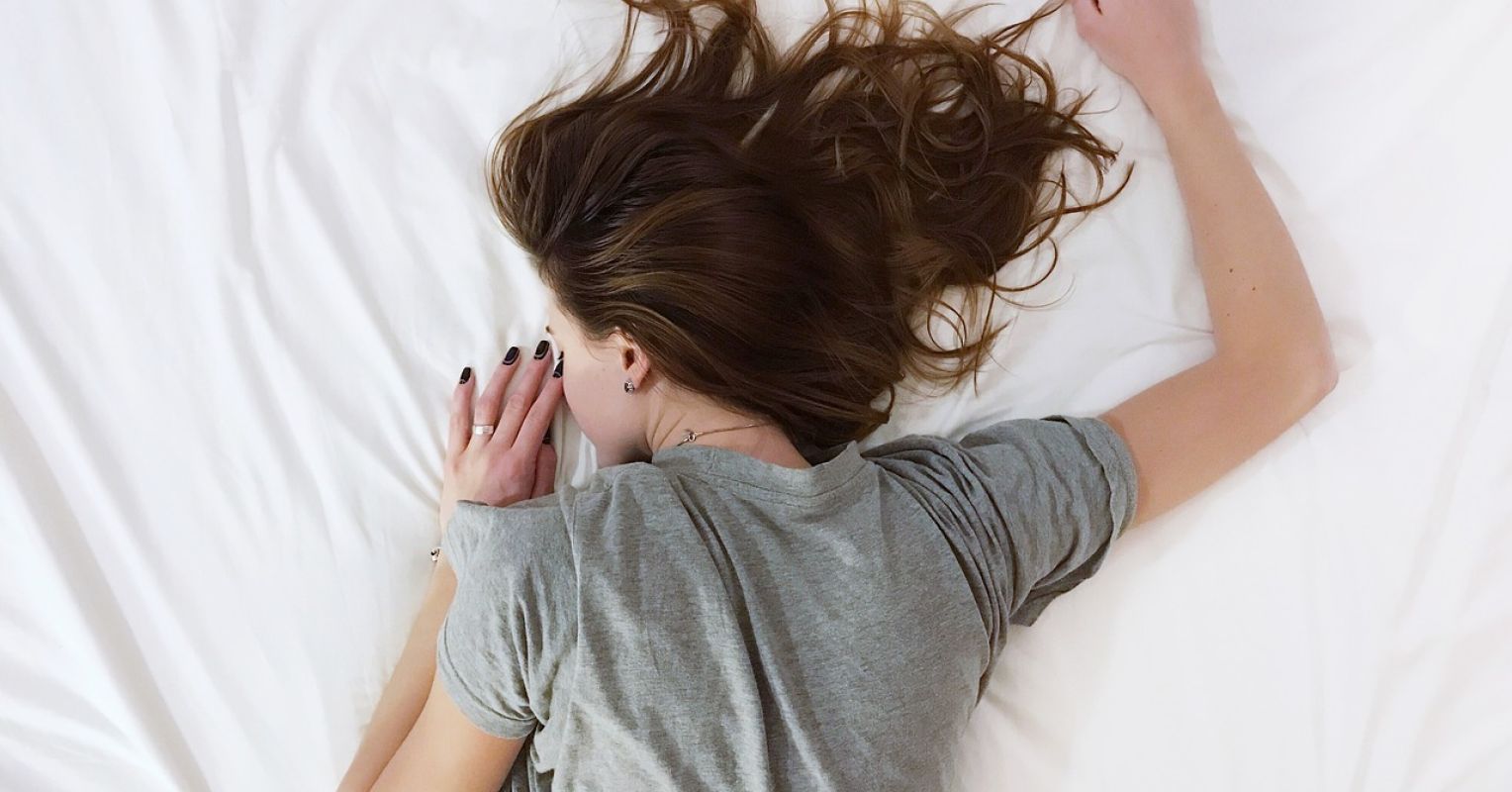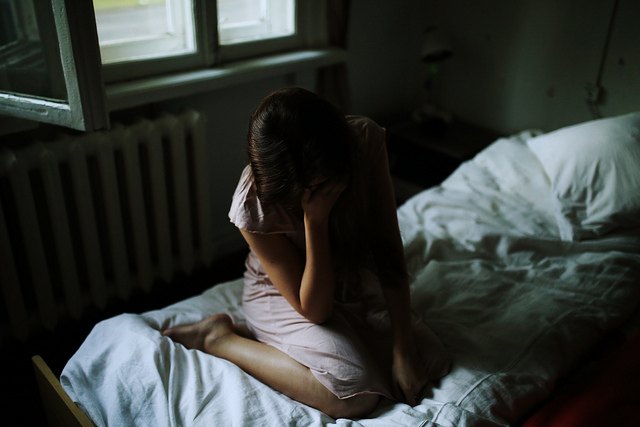


Herbal tea, reading, listening to soft music, and even drinking alcohol are just a few of the tricks people may try to help themselves fall asleep. If you’ve tried to self-soothe your way back to sleep during a restless night, you’re not alone. Your healthcare provider might suggest additional testing to determine if what appears to be insomnia is another type of sleep disorder. It may help to keep a sleep diary to document your sleep patterns and symptoms for a few weeks. A physical exam and blood test may also be used to determine if other coexisting medical conditions, medications and other substances, or underlying health issues are contributing factors to your sleep problems. If your symptoms worsen or persist over an extended period of time, talk with your healthcare provider about treatment options to address your insomnia symptoms.Īlthough there is no single definitive test to diagnose insomnia, your healthcare provider can use a variety of methods to determine the cause and impact of your sleep issues, rule out potential illnesses, and get to the root of the problem.

Chronic insomnia, a long-term and more serious form of the condition, occurs at least three nights per week for at least three months. This form of insomnia typically resolves on its own without medical treatment. Acute insomnia is short-term and often triggered by stressful life events. The two main types of insomnia are acute insomnia and chronic insomnia. Repeated occurrences can take a toll on your energy level, mood, productivity, and cognitive skills. But while this sleep disorder is common, it’s also a complex condition that goes beyond experiencing an occasional sleepless night. Approximately 40 million Americans experience insomnia every year and more than 57 percent of older adults experience a decline in quality of life and overall health due to insomnia. You may wake up too early or struggle to return to sleep after awakening during the night. Insomnia is a sleep disorder that disturbs a person’s ability to fall asleep and/or stay asleep. No matter how long you may have had insomnia, effective treatment is available.
Severe insomnia help plus#
Learning the risk factors and symptoms associated with insomnia can help you understand ways to improve your sleep habits, plus when to seek professional help to find treatments for this challenging sleep disorder. The end result: daytime fatigue, as well as a decline in focus, concentration, and cognitive performance during waking hours. This disorder often prevents people from achieving the quality or quantity of sleep that their body needs to function at its best. Insomnia-with all its tossing, turning, and nighttime disturbance-can wreak havoc on your sleep routine and the way you feel during the day.
Severe insomnia help how to#
Learn how to spot the symptoms and get the right treatment if you need it.

This common sleep disorder can impact your ability to function during the day.


 0 kommentar(er)
0 kommentar(er)
